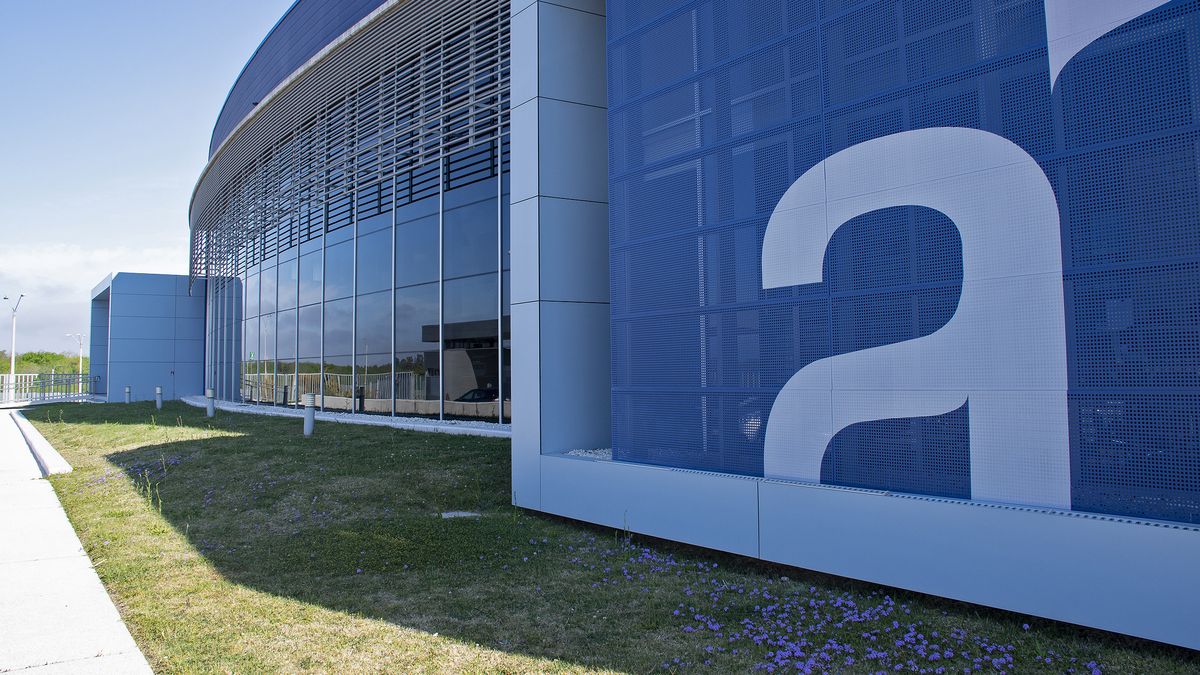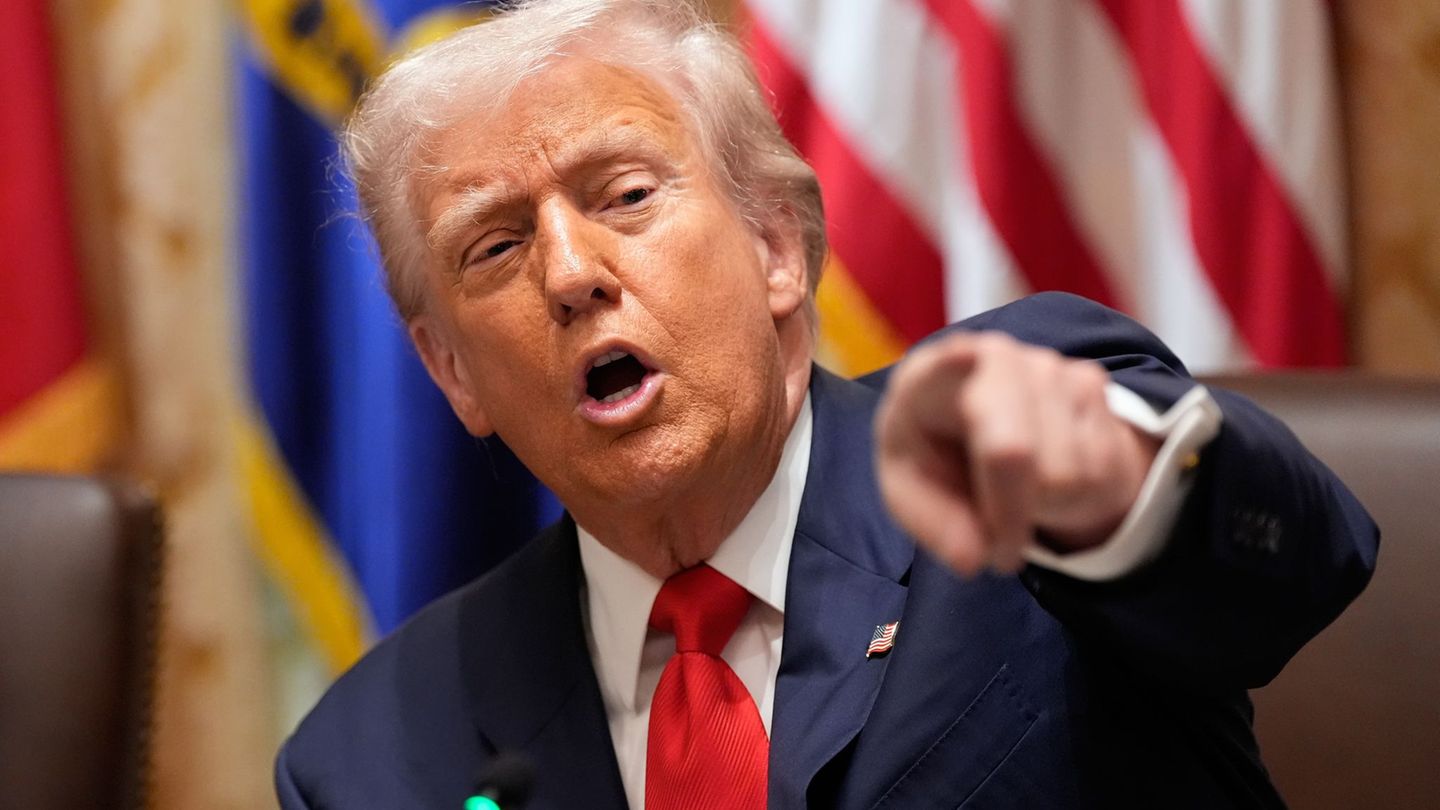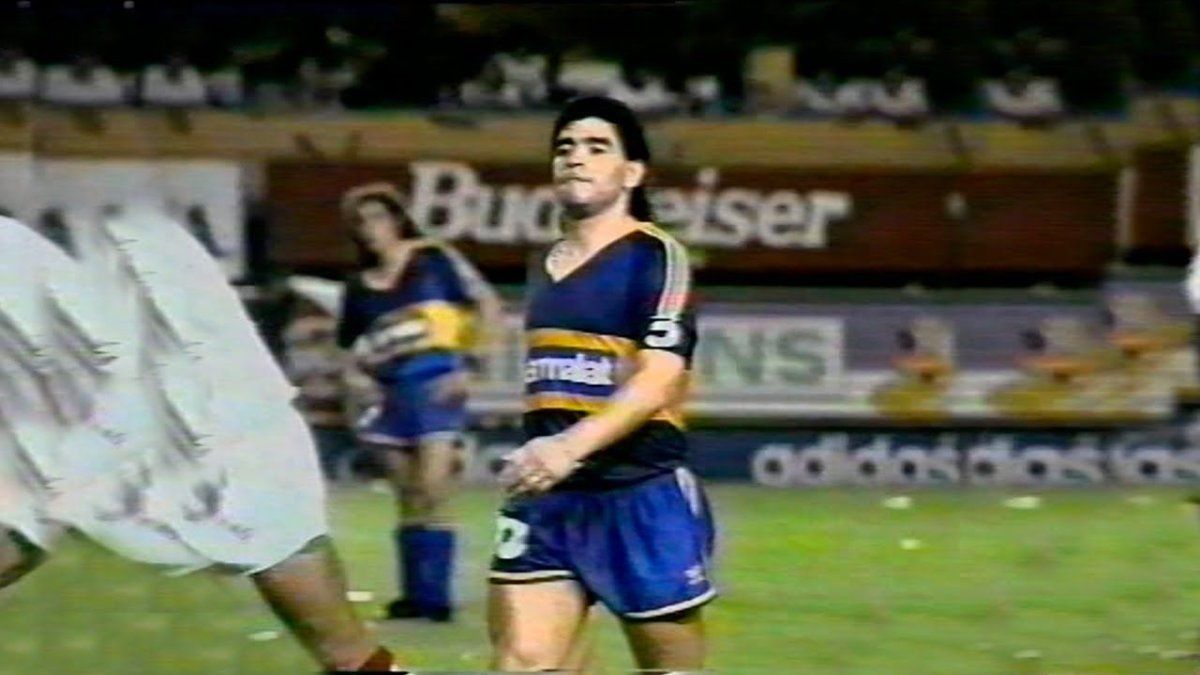The government authorized the merger of Montecable, New Century and TCC, after having been approved by the Regulatory Unit for Services Communications (Ursec) and the legal unity of the Ministry of Industry, Energy and Mining (MIEM), amidst the debates surrounding the consequences that it could generate in Antel.
Although the merger would not only concentrate 53% of the Montevideo market in a single set of hands, it would also mean that this consortium would be the only major player authorized to offer cable and internet services; Ursec gave the go-ahead for the operation last week and was awaiting approval from the Presidency.
Among the arguments put forward to give the green light to move forward along the merger line – the approval of the Presidency is also lacking – the regulatory body considered that there is no concentration, but the consortium is to operate more efficiently.
The questions
Since its announcement, the merger of the cable operators has been widely questioned regarding the consequences it would generate for Antel. The latest was the president of the state-owned company, Annabella Suburú, who assured that they are analyzing how to position themselves within the possible new scenario.
“What we are analyzing and proposing is to be able to sell to cable operators, who are already many of our clients, services that we already have and that are intercity connections and international access,” he commented. “The last mile will be theirs, we are not giving or giving away, but we want to do business, because if Antel doesn’t do it, someone else will,” he clarified.
Regarding the possibility that this means that Antel will have fewer and fewer clients, he said that it is very possible. “But we can recover some of that in revenue, and some clients will surely choose them. We are going to do everything possible and we are going to provide all the best services in terms of quality and price, so that our clients stay with us. But we also do not have to lose other types of business. Antel has to compete with all its strength,” he said.
For his part, the deputy for the Broad Front in Rocha, Gabriel Tinaglini, He also gave his opinion on the matter. “Access to Antel’s fiber optics by cable operators would continue to weaken the public company with multimillion-dollar losses (between 30 and 60 million dollars annually) and some large private companies would multiply their profits,” he said on his social networks.
Meanwhile, the director of Antel for the Broad Front, Daniel Larrosa, He stressed that “it is understandable that companies join forces to try to reduce costs and try to impose themselves beyond Antel.” “They are making their move to corner the largest market, the problem is how Antel reacts, which for the moment seems to be by collaborating,” he added.
For the leader, the creation of a model that offers coverage to 90% of Uruguayan homes “meant that there would be no competitor,” but, since it has already been opened, now the public telecommunications company does not have to “collaborate,” but rather has to “compete”.
Source: Ambito




